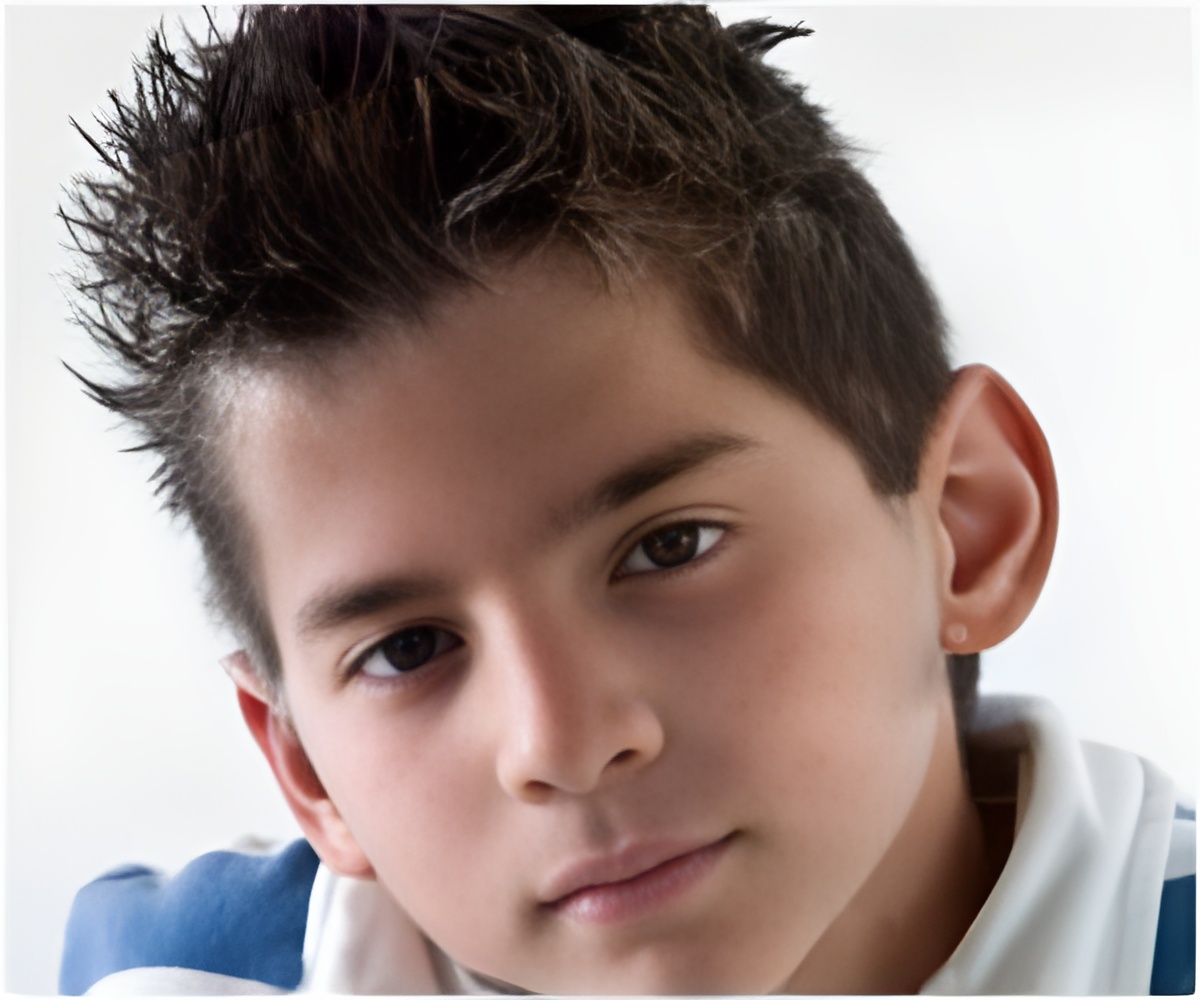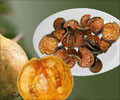
The antioxidant, called PharmaNAC, contains pharmaceutical-grade N-acetylcysteine and is specially packed to preserve its potency.
PharmaNAC lowered irritability in children with autism as well as reduced the children's repetitive behaviors. The researchers emphasized that the findings must be confirmed in a larger trial.
Irritability affects 60 to 70 percent of children with autism.
"We're not talking about mild things: This is throwing, kicking, and hitting; the child needing to be restrained. It can affect learning, vocational activities and the child's ability to participate in autism therapies," said Antonio Hardan, MD, the primary author of the new study.
Hardan is an associate professor of psychiatry and behavioral sciences at Stanford and director of the Autism and Developmental Disabilities Clinic at Packard Children's.
Advertisement
But these drugs cause significant side effects, including weight gain, involuntary motor movements and metabolic syndrome, which increases diabetes risk.
Advertisement
PharmaNAC could be the first medication available to treat repetitive behavior in autism - if the findings hold up when scrutinized further.
The study tested children with autism ages three to 12. They were physically healthy and were not planning any changes in their established autism treatments during the trial.
In the double-blind study design, children received PharmaNAC or a placebo of identical appearance and taste for 12 weeks. The product used was the effervescent, pharmaceutical-grade preparation donated by BioAdvantex Pharma Inc., the manufacturer.
Subjects were evaluated before the trial began and every four weeks during the study using several standardized surveys that measure problem behaviors, social behaviors, autistic preoccupations and drug side effects.
During the 12-week trial, PharmaNAC treatment decreased irritability scores from 13.1 to 7.2 on the Aberrant Behavior Checklist, a widely used clinical scale for assessing irritability. The change is not as large as that seen in children taking antipsychotics.
"But this is still a potentially valuable tool to have before jumping on these big guns," Hardan said.
In addition, according to two standardized measures of autism mannerisms and stereotypic behavior, children taking PharmaNAC showed a decrease in repetitive and stereotyped behaviors.
Hardan cautioned that the NAC for sale as a dietary supplement at drugstores and grocery stores differs in some important respects from the individually packaged doses of pharmaceutical-grade NAC used in the study, and that the over-the-counter version may not produce the same results as PharmaNAC.
Although the study did not test how PharmaNAC works, the researchers speculated on two possible mechanisms of action. PharmaNAC increases the capacity of the body's main antioxidant network, which some previous studies have suggested is deficient in autism.
In addition, other research has suggested that autism is related to an imbalance in excitatory and inhibitory neurotransmitters in the brain. PharmaNAC could modulate the glutamatergic family of excitatory neurotransmitters, which might be helpful in autism.
The scientists are now applying for funding to conduct a large, multicenter trial in which they hope to replicate their findings.
The study appears in the June 1 issue of Biological Psychiatry.
Source-ANI














